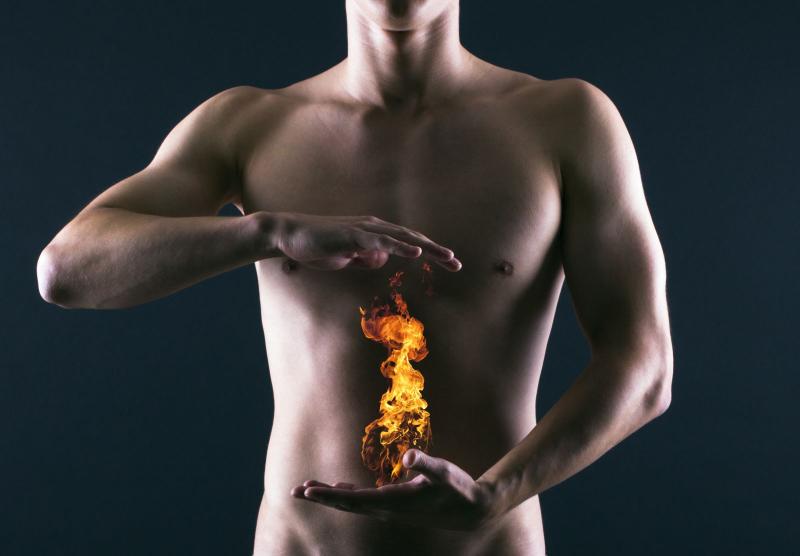
Dosage and female gender are associated with the development of gastrin elevation following proton pump inhibitor (PPI) therapy, a recent study has found. Moreover, fasting serum gastrin significantly correlates with PPI dosage over weight and over body surface area.
This cross-sectional study sought to determine the most important predictors for gastrin elevation in patients on long-term PPI therapy through analysis of data from two published studies in Icelandic patients with endoscopically verified erosive gastro-oesophageal reflux disease (GERD).
The investigators compared PPI exposure in dosage over weight (mg/kg) and dosage over body surface area (mg/m2) with fasting gastrin levels in two separate multiple linear regression models. They also obtained data on age, gender, weight, smoking, H. pylori infection, and PPI duration and type.
Analysis was conducted in 157 patients (78 females). Females had significantly higher median serum gastrin levels than males (92 vs 60 pg/mL; p=0.001). In simple linear regression, serum gastrin levels was associated with gender (p=0.0008) and PPI exposure in mg/kg (p=0.0001) and mg/m2 (p=0.0001).
In multiple linear regression, higher gastrin values were predicted by PPI exposure, both in mg/kg (β, 0.95, 95 percent confidence interval [CI], 0.4–1.5; p=0.001) and mg/m2 (β, 0.02, 95 percent CI, 0.0–0.0; p=0.0015) and female gender (β, 0.2, 95 percent CI, 0.0–0.4; p=0.02).
“Gastrin elevation is a known but variable consequence of PPI therapy,” the investigators noted. “Concerns have been raised about the clinical importance of chronic PPI induced gastrin elevation.”